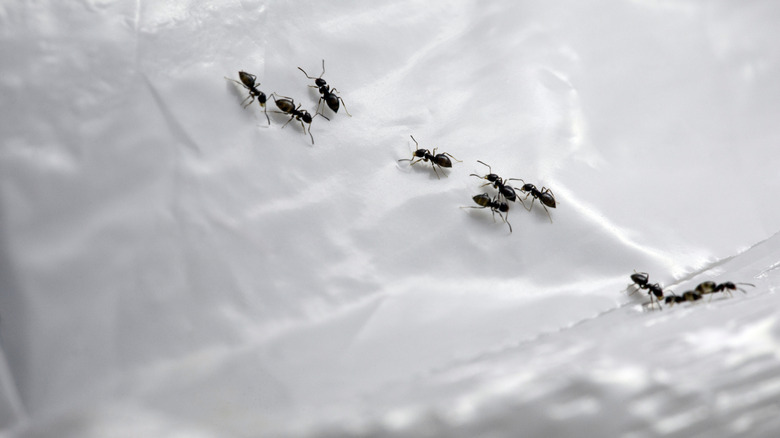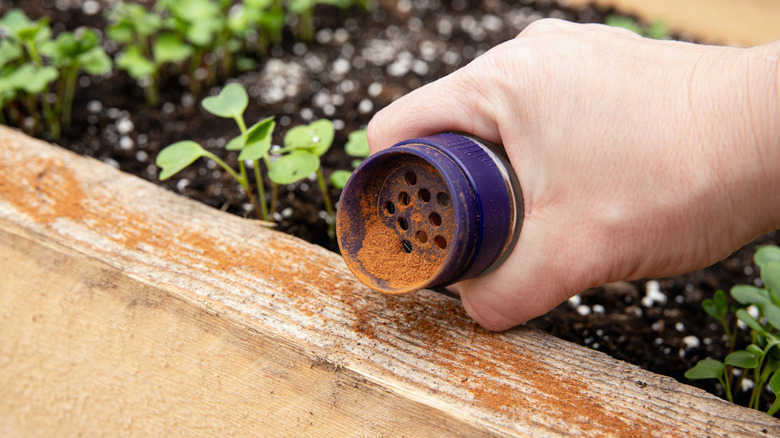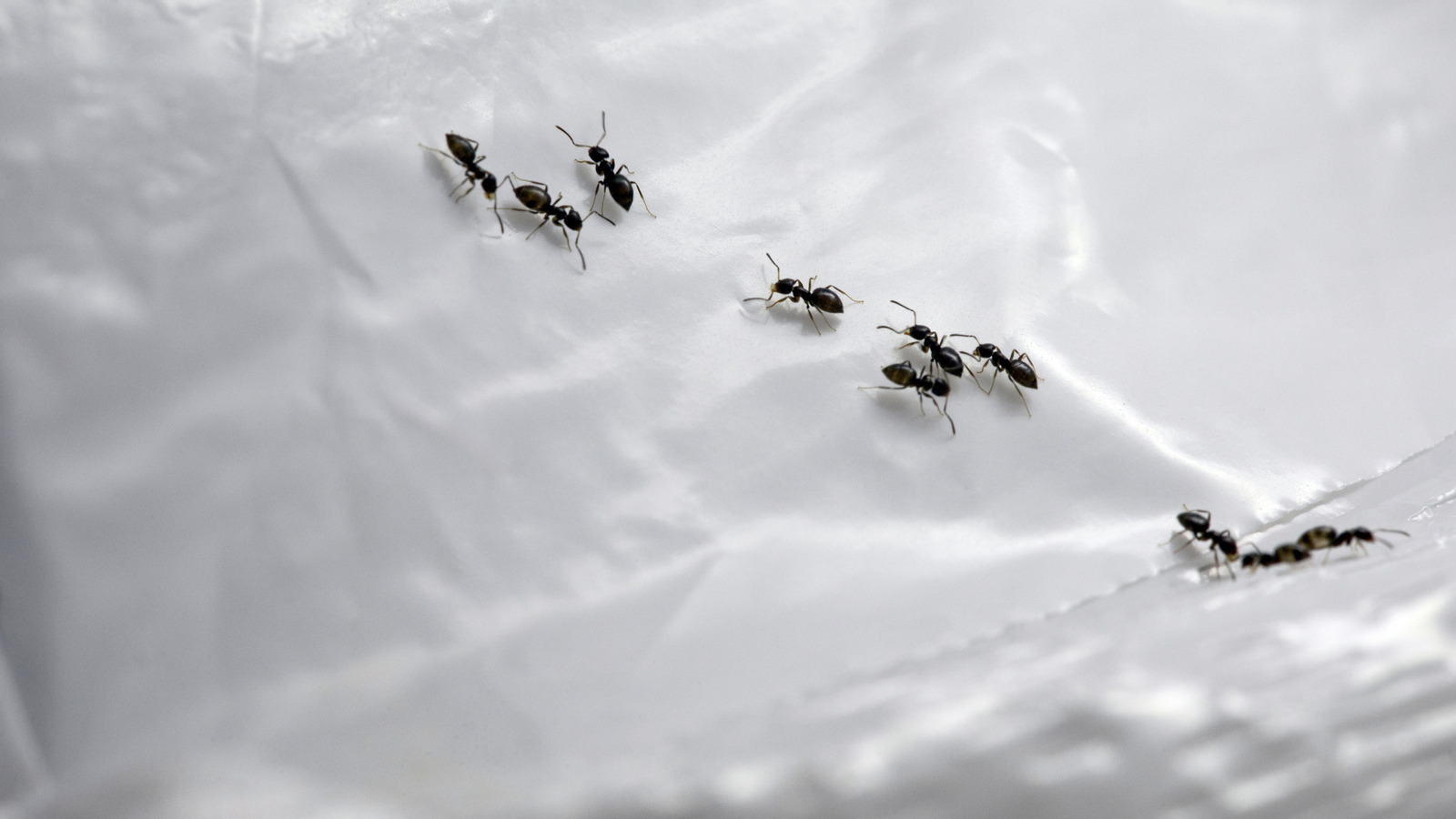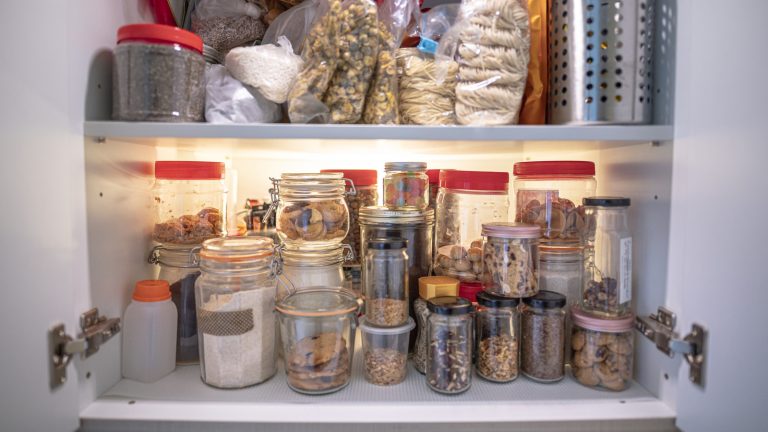
Cornstarch is a commonly used baking ingredient in sauces or stews, but some individuals utilize it in their homes or gardens as an all-natural method to deter ants. The effectiveness of this ant-repelling technique is still uncertain due to limited research by pest control experts. Alternative repellents may offer better protection for your plants, and if you choose to use cornstarch, it should be part of a broader strategy against these intrusive insects.
Though ants may appear small and insignificant, their activities can cause significant harm to your home and plants. Inside, these resourceful creatures might damage electrical wiring, chew drywall, and even consume insulation. Some ants create intricate underground tunnel systems, with various compartments for housing and food storage, potentially disrupting plant roots and altering the soil structure. This can lead to plant dehydration due to reduced access to nutrients and moisture. Worst of all, certain ant species collaborate with aphids, helping them evade beneficial insects like ladybugs. They consume the honeydew excreted by aphids, which is derived from plant sap. If you’ve battled aphids in your garden, you’re aware of their destructive nature, and this symbiotic relationship exacerbates the issue, resulting in not one but two pests infesting your plants. Here’s what we know about using cornstarch to repel ants and if it’s worth a try.
Why some people use cornstarch in the garden plus alternatives

Ants navigate by smell, following potent pheromones (scent chemicals) left by others and using their antennae’s sensors to guide them. Some believe a natural way to eliminate ants without poison is by using cornstarch, which is thought to obscure the pheromone trails, thereby confusing the pests. It’s as if their MapQuest map has been taken away, leaving them without direction. However, research on its effectiveness is somewhat lacking. Nevertheless, anecdotal evidence suggests cornstarch can be helpful in combating ants, and since it’s a natural and inexpensive ingredient, there’s little harm in trying it. You can either sprinkle cornstarch on the ground as a scent barrier or pour it directly on the ants, followed by a light spray of water. The combination of cornstarch and moisture becomes dense enough to kill the ants. Alternatively, you can vacuum up ants and then vacuum a small amount of cornstarch afterward to ensure they perish inside the vacuum bag.
Ultimately, it might be best to reserve cornstarch for your baked goods and recipes and opt for a more reliable deterrent, like peppermint oil. This essential oil can keep ants away from your home for at least a week. Mix a few drops of the oil with water and a carrier oil in a spray bottle, and mist the solution wherever you suspect ants may be present. To protect your plants, try sprinkling cayenne pepper or cinnamon, ensuring to reapply as necessary.
“`






